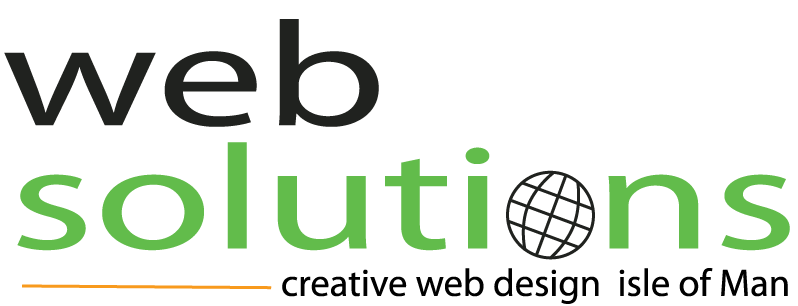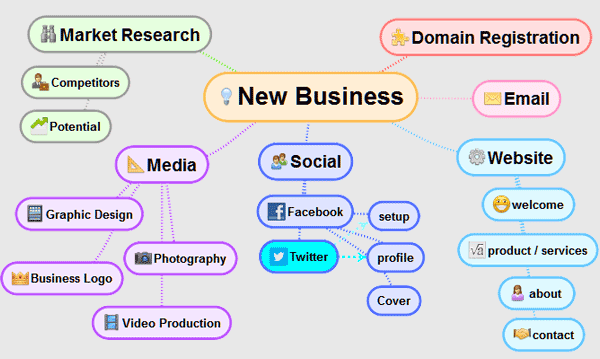During the final week of 2023 (25 – 31 December 2023), Clinical Navigators received a record number of 999 calls during Hear and Treat operational hours (8am – 7:45pm).
Clinical Navigators are situated in the Emergency Services Joint Control Room (ESJCR) where all 999 calls are received. ESJCR Operators determine the severity of the illness or injury by asking a series of questions during the initial 999 call. Depending on the answers given, they will either send an Ambulance straight away to those in immediate emergency need (Category 1 and 2), or for those patients with less urgent needs, they can arrange for a call back.
Our Clinical Navigators are experienced Paramedics and Nurses who will discuss the current problem with you in more detail to ensure we are getting you the right response for your needs, in the right timeframe. Our team is dedicated to finding the right care for you at your first point of contact. Taking a little bit of time at the start of your patient journey, to ensure we all understand your immediate needs, is vitally important. Whilst this may result in no ambulance being required, it can also result in an ambulance being requested more quickly than the caller may have thought necessary.
It may be more appropriate that your needs are met in ways other than an ambulance response. Our team will work with you during the call to better understand the situation and find the best care solution for your current problem. This can include directing and supporting you to access other appropriate services such as Ramsey’s Minor Injuries and Illnesses Unit (MIU) or alternative healthcare options.
The role of Clinical Navigator is an important one – it ensures that patients are provided with the right response or directed to the most appropriate service for their needs. This helps keep the frontline Ambulance crews free to respond to life-threatening and serious injuries that occur in the community as rapidly as possible.
Ambulance Operations Manager for Contact Centres, Paul Fareham, commented:
‘Safety and care are at the core of all triages we undertake with you. We want to ensure we meet the care needs of everyone in our community, whether that’s attending to you rapidly in a life-threatening situation with multiple resources, or collaboratively helping guide you towards other appropriate healthcare options and support. If you need a response, you will get one.’




